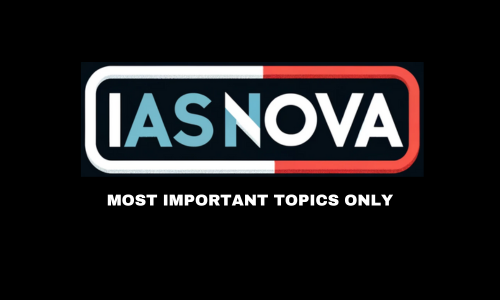Psychological Interventions for Individual Sports
Individual sports require athletes to rely on their internal resources, and interventions are tailored to enhance personal motivation, concentration, and stress management.
Goal Setting
- Athletes in individual sports like tennis or golf use goal setting to focus on personal benchmarks and achievements, fostering self-motivation and direction.
Self-Talk
- Positive self-talk can help athletes in sports such as swimming or martial arts to overcome negative thoughts and maintain self-confidence.
Mental Imagery
- In gymnastics or diving, athletes might visualize their routines to mentally rehearse each movement for perfection.
Focus and Concentration
- Practices like the “quiet eye” technique are used in archery or shooting to improve focus and accuracy.
Arousal Regulation
- Track and field athletes may use pre-race routines combining both relaxation to control anxiety and psych-up strategies to enhance performance energy.
Resilience Training
- Long-distance runners benefit from resilience training to cope with the challenges and isolation experienced during extended competitions.
Mindfulness and Meditation
- Endurance athletes in cycling or skiing use mindfulness to stay present and manage pain and fatigue.
Case Study Example: A case study of a professional figure skater may reveal the use of imagery and self-talk as tools for performance consistency and overcoming competition anxiety.
Psychological Interventions for Team Sports
Team sports psychology interventions focus not only on individual mental skills but also on group dynamics, communication, and team cohesion.
Team Cohesion and Building
- Interventions aim to develop trust and a sense of unity within teams like soccer or basketball, fostering better teamwork and on-field communication.
Leadership Development
- In sports like rugby or ice hockey, developing effective leaders within the team can be crucial for directing team strategy and morale.
Communication Skills Training
- Teams invest in communication skills to ensure clear, concise, and effective on-field communication, critical in fast-paced games like volleyball or cricket.
Group Goal Setting
- Collective goal setting in teams establishes shared objectives and enhances collective effort in sports such as football.
Role Clarity and Acceptance
- Clarifying each player’s role on a baseball team, for example, ensures that every team member knows their responsibilities and how they contribute to the team’s success.
Stress Management in Teams
- Strategies for managing stress are important for high-pressure team environments, such as in basketball playoffs or soccer tournaments.
Performance Routines for Teams
- Creating pre-game rituals in rugby or American football can synchronize team focus and build camaraderie.
Case Study Example: The 1999 Women’s World Cup-winning U.S. soccer team exemplifies how psychological interventions, including team cohesion exercises and stress management techniques, can enhance team performance.
Common Interventions Across Individual and Team Sports
Certain psychological interventions are applicable across both individual and team sports, with adaptations for context:
Injury Rehabilitation
- Psychological support during injury recovery is crucial for both individual athletes and team sport players to maintain mental well-being and facilitate a return to peak performance.
Career Transition
- Both individual and team athletes require support when transitioning out of sport, addressing identity loss, and preparing for future endeavors.
Substance Abuse Education
- Education and counseling on substance abuse are necessary for all athletes to prevent the onset of abuse issues and to provide support for those struggling with addiction.
Life Skills Development
- Teaching life skills such as time management, stress relief, and public speaking benefits all athletes, facilitating better performance during and after their sports careers.
In practice, these interventions are tailored to the specific demands and circumstances of the sport and the individual or team involved. The success of these interventions often depends on the sport psychologists’ ability to work closely with athletes to identify their unique psychological needs and the context of their sport.

